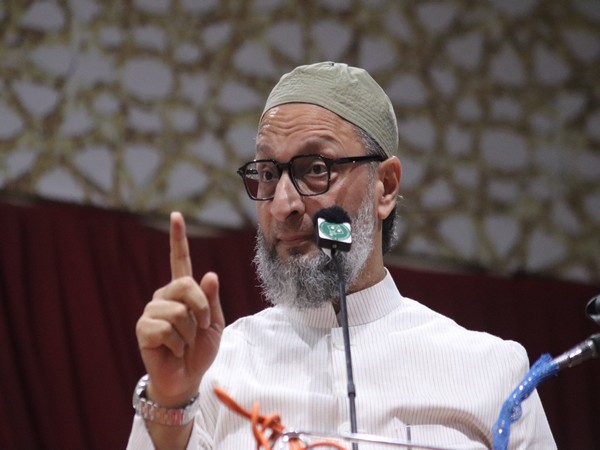Asaduddin Owaisi, president of the All India Majlis-e-Ittehadul Muslimeen (AIMIM), has called for a nationwide protest against the Waqf (Amendment) Bill, 2024, criticizing it as unconstitutional.
At a protest gathering in Telangana on Monday, Owaisi announced that the All India Muslim Personal Law Board has decided to launch a countrywide awareness campaign. “We’ve assembled here today to voice our concerns about the Waqf (Amendment) Bill, 2024, introduced by the Modi government,” Owaisi said. “Our goal is to inform the public about how this bill contradicts constitutional principles.”
The proposed legislation aims to rename the Waqf Act, 1995, as the Unified Waqf Management, Empowerment, Efficiency and Development Act, 1995. It seeks to redefine “Waqf” to include only those practicing Islam for at least five years and owning the property in question. The bill also aims to ensure that Waqf-alal-aulad doesn’t impinge on women’s inheritance rights.
Other key provisions of the bill include removing the Board’s power to determine Waqf property status, mandating online submission of Waqf accounts by Mutawallis, reforming the Tribunal structure, and allowing appeals to High Courts. It also proposes establishing separate Boards for Bohra and Agakhani communities.
The government had introduced the bill in the budget session of Parliament and it was decided to send the legislation to a Joint Parliamentary Committee (JPC) for further scrutiny.
On August 30, the second meeting of the JPC headed by MP Jagadambika Pal was held in the Parliament House Annexe. The committee had called the All India Sunni Jamiyatul Ulama, Mumbai, the Delhi-based Indian Muslims for Civil Rights, the Uttar Pradesh Sunni Central Waqf Board and the Rajasthan Board of Muslim Waqf to register their views.
Sources report that Muslim representatives raised concerns about several clauses, with “Waqf by Users” emerging as a particularly contentious issue. They argued that this touches on matters of religious faith and practice, cautioning against government interference.
The JPC has also invited views and suggestions from the public, NGOs, experts, stakeholders and institutions as per a press communique by the Lok Sabha Secretariat.
(Inputs from ANI)














